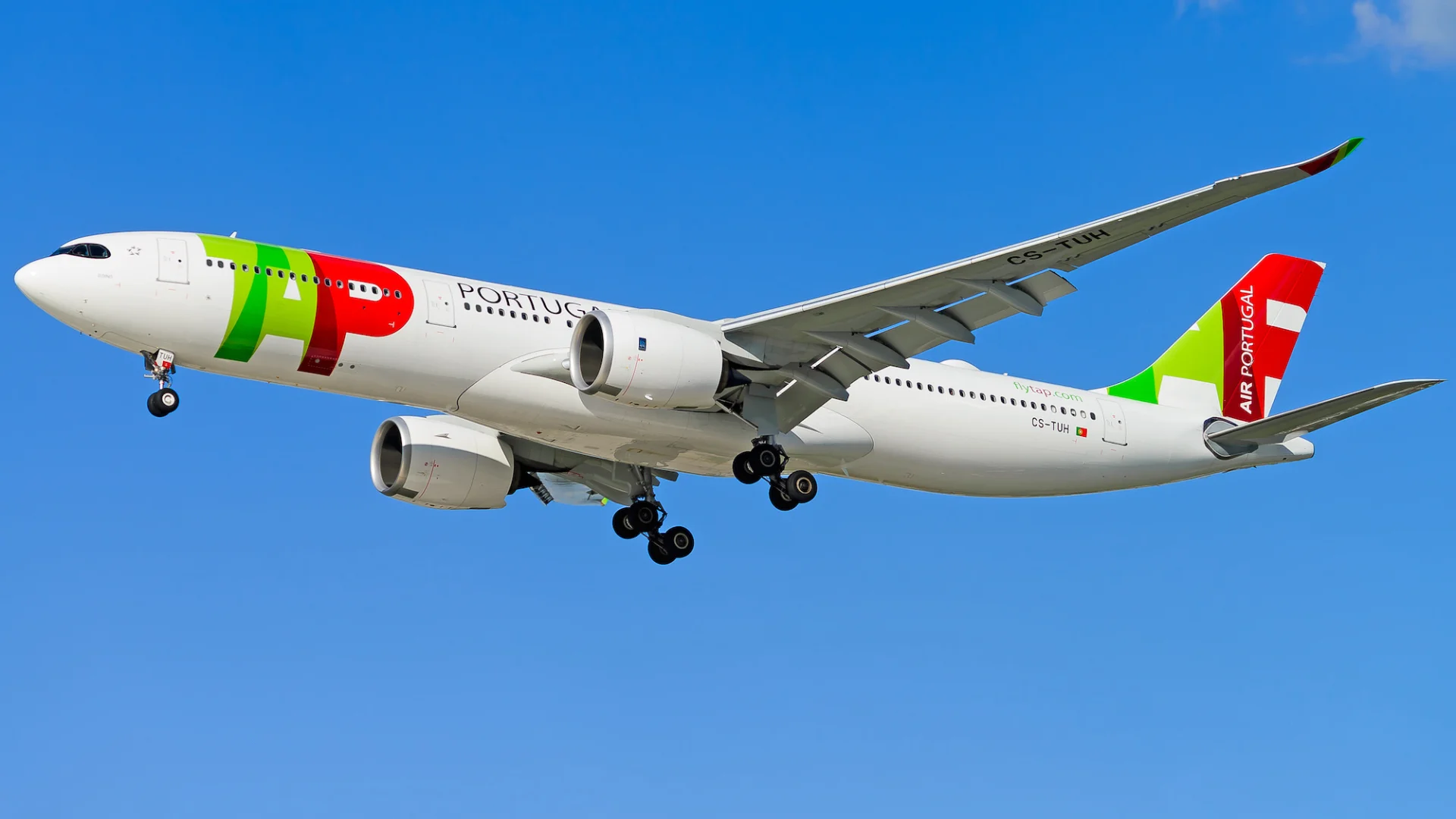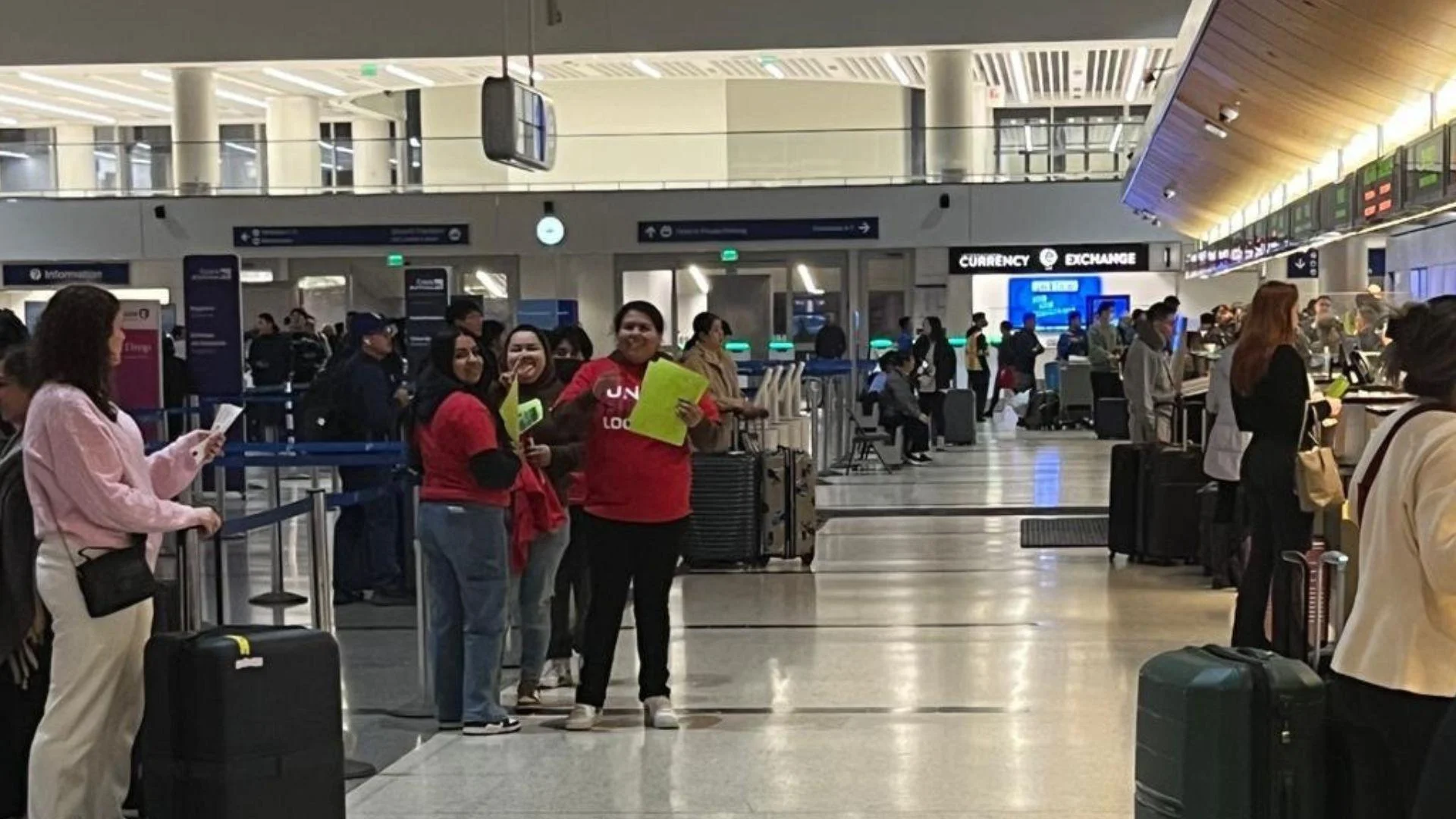Financially, IAG outperformed its competitors in 2024 based on pre-tax profit and operating margins, with Lufthansa trailing behind.
Another factor involves regulatory sacrifices required by the EU for majority ownership deals, such as route divestments or other competition remedies. These could be more significant for IAG given its existing strong presence in South America.
TAP’s main value lies in its market share on routes between Europe and South America—especially Brazil—where demand continues to grow but capacity remains limited. Control over TAP would allow an airline group to strengthen or establish dominance on these lucrative transatlantic routes.
If IAG does not make an offer for TAP, it risks allowing a competitor greater access to Southern Europe and South American markets—a move that could alter the competitive landscape locally.
According to industry observers: "As I have hinted at above, an IAG acquisition is a no-brainer. It solidifies the group's control over the Iberian Peninsula and its control over the South Atlantic. The group is experienced in the region - a point often overlooked. The group has considerable on-the-ground experience in South America, including resources that could be leveraged by TAP Air Portugal for further growth."
However, historically IAG has sought full ownership rather than minority stakes; it owns Aer Lingus, British Airways, Iberia, Vueling and LEVEL outright. Its previous attempt at acquiring all of Air Europa ended with only a 20% stake before withdrawing from further negotiations due to EU-imposed conditions.
"If it is [hungry for more], then it will most definitely require the hard-earned approval of the European Commission," notes one analyst about whether IAG would settle for less than full control of TAP.
The broader context involves ongoing consolidation within Europe’s aviation sector: smaller national carriers are increasingly being absorbed by three large groups—IAG, Lufthansa Group, and Air France-KLM—with Italy's ITA Airways joining Lufthansa Group and SAS now under Air France-KLM's majority control. Remaining independent legacy carriers like LOT Polish Airlines or Aegean Airlines face growing pressure from these consolidations.
While industry consolidation can reduce consumer choice and potentially raise fares due to decreased competition among airlines within Europe (as regulations add costs such as environmental taxes or airport noise restrictions), some argue that larger groups are better equipped to compete globally: "By buying up TAP... Europe's three main airline groups will be stronger on the international scene... But it also keeps Europe's name relevant on the global scene."
TAP Air Portugal operates as a full-service carrier based at Lisbon Airport since 1945; it belongs to Star Alliance under CEO Luís Rodrigues (IATA/ICAO code TP/TAP).
 Alerts Sign-up
Alerts Sign-up




































